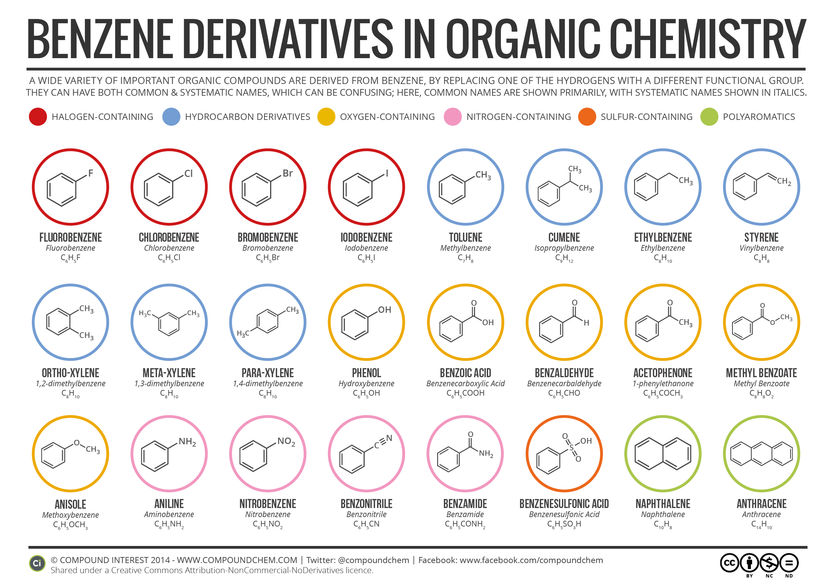Cyclacel Pharmaceuticals receives EMEA Orphan drug designation for lead product Sapacitabine for AML & MDS
Cyclacel Pharmaceuticals, Inc. announced that the European Medicines Evaluation Agency (EMEA) designated sapacitabine as an orphan medicine in two separate indications: acute myeloid leukemia (AML) and myelodysplastic syndromes (MDS).
Specifically the EMEA's Committee for Orphan Medicinal Products (COMP) adopted a positive opinion on the company's application to designate sapacitabine as an orphan medicinal product for the indications of AML and MDS. The objective of European orphan medicines legislation is to stimulate research and development of medicinal products for rare diseases by providing incentives to industry.
Cyclacel is currently enrolling patients in an open-label, U.S. multicenter, randomized Phase 2 trial of oral sapacitabine in elderly patients with AML who are previously untreated or in first relapse.
Sapacitabine appears to act through a dual mechanism. It interferes with DNA synthesis by causing single-strand DNA breaks and also induces arrest of cell cycle progression mainly at G2/M-Phase. Both sapacitabine and CNDAC, its major metabolite or a substance into which the drugs converts after ingestion by patients, have demonstrated potent anti-tumor activity in preclinical studies. In addition, in a mouse model of liver metastasis, sapacitabine was shown to be superior in terms of delaying the onset and growth of liver metastasis to either gemcitabine (Gemzar®; Lilly) or 5-FU, two widely used nucleoside analogs. Gemcitabine is indicated for the palliative treatment of breast, lung, ovarian and pancreatic cancer, but it has not been reported to be active in leukemias or MDS.
Most read news
Other news from the department research and development

Get the life science industry in your inbox
By submitting this form you agree that LUMITOS AG will send you the newsletter(s) selected above by email. Your data will not be passed on to third parties. Your data will be stored and processed in accordance with our data protection regulations. LUMITOS may contact you by email for the purpose of advertising or market and opinion surveys. You can revoke your consent at any time without giving reasons to LUMITOS AG, Ernst-Augustin-Str. 2, 12489 Berlin, Germany or by e-mail at revoke@lumitos.com with effect for the future. In addition, each email contains a link to unsubscribe from the corresponding newsletter.






















































